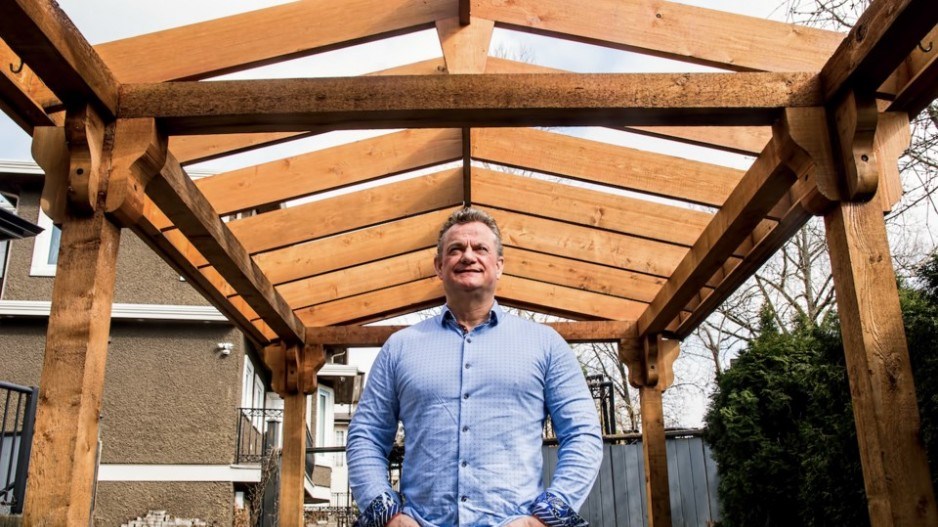Homebuilders are applauding a call from the City of Vancouver’s new city manager for a one-year step-back on enforcing ‘net-zero’ regulations on new detached houses and duplexes.
It is part of sweeping measures meant to reform the city’s backlogged residential permit process.
The staff report, released June 2, also recommends not enforcing design guidelines in some zones, saying that the city has so many new policies layered on to old ones that it’s reaching a breaking point.
For instance, a tree protection bylaw requires any new detached house or duplex to include an arborist report, which can cost up to $1,500 and delay construction.
“This regulatory complexity, combined with technology gaps, COVID-19 impacts and resource consequences as a result of decreasing revenues, led to an unsustainable imbalance between application demand and staff capacity to process that demand,” said the report from the city’s recently appointed city manager, Paul Mochrie.
According to Vancouver home builders, it can take more than two years to process a residential building permit.
“We are truly hoping that the recommendations from City of Vancouver staff ... will be endorsed by council, and that the first steps toward streamlining the process, service levels and wait times for approvals and permits can be implemented,” Ron Rapp, CEO of the Homebuilders Association of Vancouver (HAVAN), said in a June 7 statement.
One of the major holdups is a city requirement that new homes be built to superior energy standards as part of the city’s plan to become Canada’s greenest city.
“Approve a 12-month delay to the implementation of amendments to the building bylaw relating to mandatory zero emission building construction guidelines for all new homes, to enable [city] staff to remain focused on clearing existing backlogs before reallocating staff to developing the zero-emission building compliance management framework,” the report recommends.
According to a 2019 HAVAN study, full implementation of net-zero energy standards would add up to $48,000 on to the cost of a typical new detached house.
Net zero means that a home generates more energy than it consumes. Measures to reach that target often involve superior, high-performance windows, thicker than normal insulation, solar panels and other measures. It is the goal of the final step in the current B.C. Building Code.
Larry Clay, founder and president of Clay Construction Inc. in Langley and incoming national president of the Canadian Home Builders’ Association, noted that net-zero building codes are also being considered for Canada’s National Building Code.
Clay said adding tens of thousands of dollars of extra costs onto the price of a new house may fly in the most expensive markets, like Vancouver, but not in most of B.C. or Canada.
Vancouver Mayor Kennedy Stewart, who voiced support for the changes, said he has heard that it is difficult for builders to even find the products needed to meet the new-building net-zero standards – such as the requirement that all new houses three storeys and below be built with electric heating.
While natural gas is plentiful in B.C. and popular with homebuyers, it is a fossil fuel and does not meet the city’s current bylaw standards,
“The supply chains are still developing,” the mayor said.
Effective June 1, West Vancouver and North Vancouver became the first cities in Canada to mandate net-zero energy regulations into their building codes, in adopting Step 5 of the B.C. Building Code.




